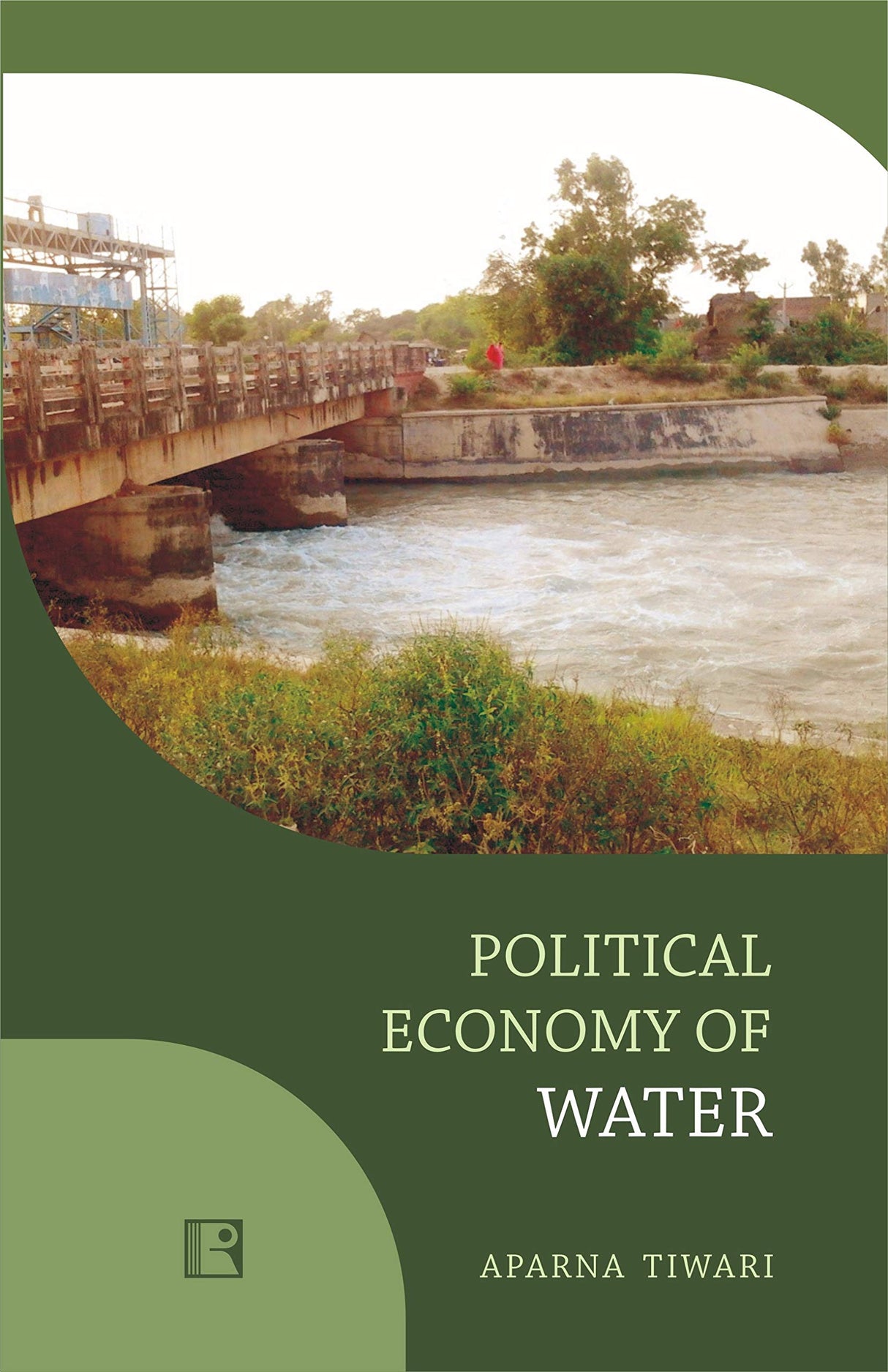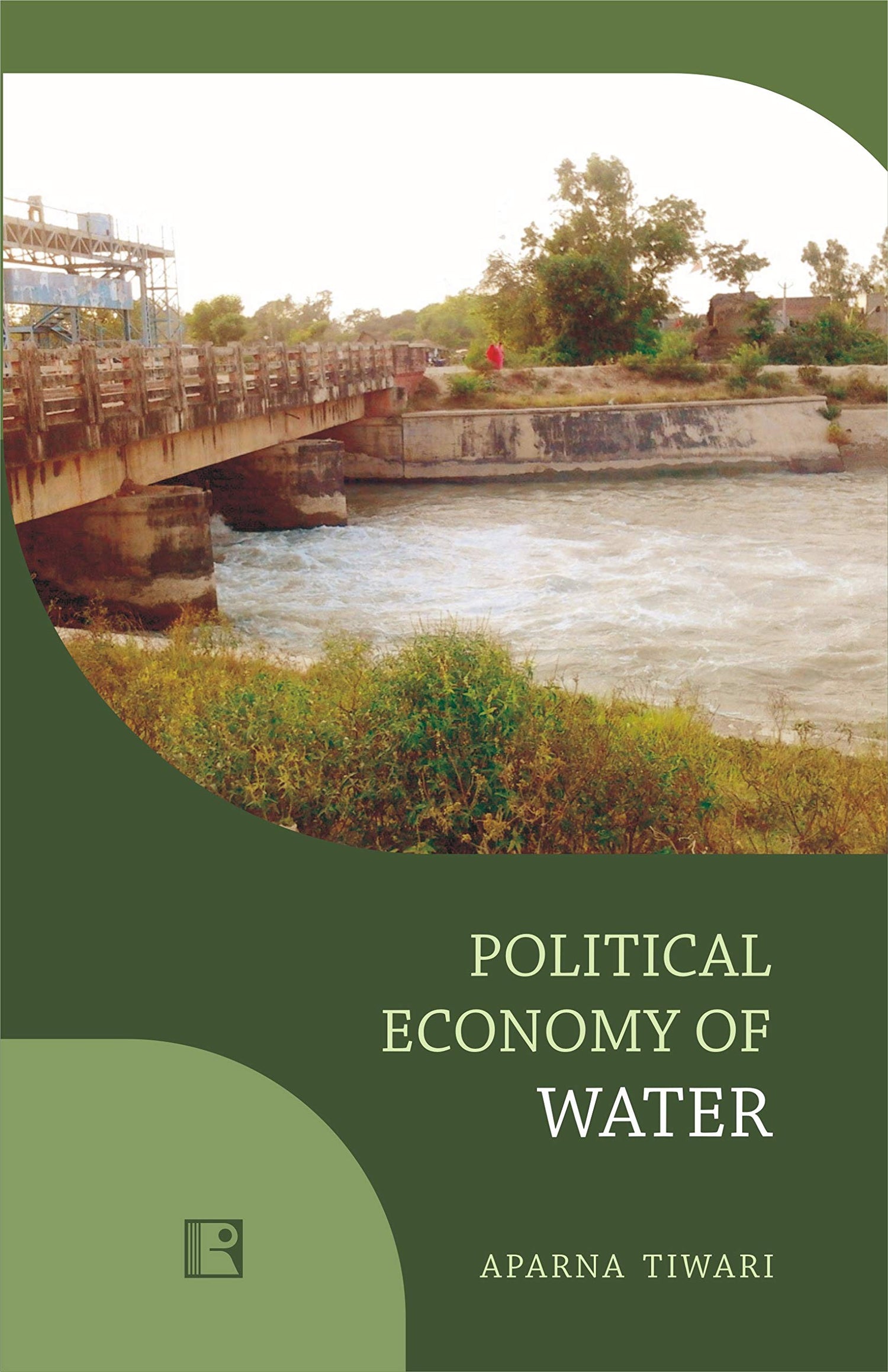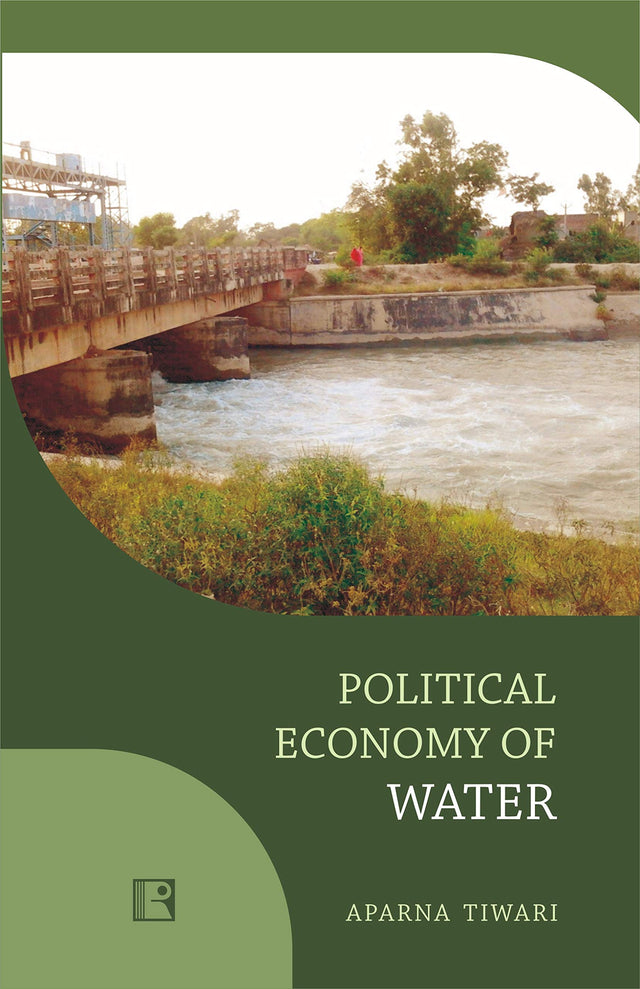POLITICAL ECONOMY OF WATER
POLITICAL ECONOMY OF WATER is backordered and will ship as soon as it is back in stock.
Couldn't load pickup availability
Genuine Products Guarantee
Genuine Products Guarantee
We guarantee 100% genuine products, and if proven otherwise, we will compensate you with 10 times the product's cost.
Delivery and Shipping
Delivery and Shipping
Products are generally ready for dispatch within 1 day and typically reach you in 3 to 5 days.
Book Details
-
Author: Aparna Tiwari
-
Publisher: Rawat Publications
-
Language: English
-
Edition: 2019
-
ISBN: 9788131611104
-
Pages: 182
-
Cover: Hardcover
About the Book
Water is not only the lifeline of humankind but also a pivotal factor in shaping development. Its management, distribution, and access are crucial to the survival and growth of any community. This book explores the issue of water control and its equitable distribution within the rural communities of Central Uttar Pradesh. Drawing from empirical research, it delves into the dynamics of water usage and management in two canal-irrigated villages, uncovering the complexities of canal and groundwater irrigation.
The study reveals that while social hierarchies such as caste, class, and gender play a significant role in access to and control over water—often leading to dominance and conflict—negotiation for water distribution is a daily routine among villagers. Furthermore, the book highlights the positive aspects of groundwater irrigation, noting that it is less controlled by particular groups or the state, offering opportunities for development, particularly through horticulture, facilitated by groundwater markets.
In addition, the study argues that water-related issues are faced by all communities, whether in scarcity or abundance. It emphasizes that both state and community organizations must work together to manage resources and ensure equitable access for all sections of society.
Contents
-
Thinking Water: Exploring Village Studies
-
Natural Resources in Sociological Theory
-
The Villages: Locale, Society, and Culture
-
Managing Water: Role of Community and State
-
Social Structure, Water, and Conflict
-
Water and Social Change
-
Conclusion: Insights into the Political Economy of Water
About the Author
Aparna Tiwari is an Associate Professor of Sociology at Banasthali Vidyapith, Rajasthan. Her research focuses primarily on water resources and their management within society. Aparna has contributed research papers to reputed journals and has been involved in various research projects, including those supported by agencies such as NABARD and UNDP. She has also worked with the Women Studies and Research Centre at Banasthali Vidyapith and completed a minor research project on the status of women in Rajasthan. Aparna was awarded the NFP Award to attend a course at UNESCO-IHE, Delft, The Netherlands, further strengthening her expertise in the field of water management.





